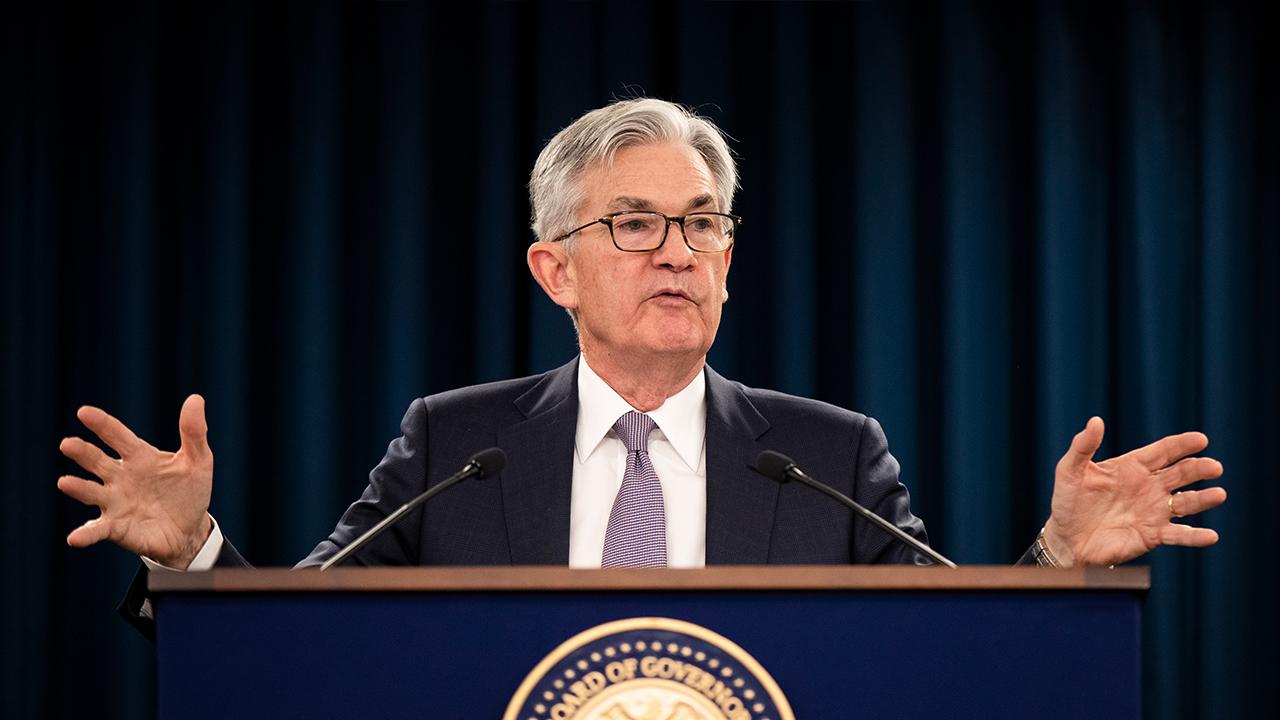Coronavirus is a health threat – but it shouldn't cause economic panic: Prof. Brian Brenberg
With the backdrop of a strong U.S. economy, the concern for public health isn't a reason for economic panic
As the coronavirus spreads, headlines have been filled with fears about the potential devastation the virus could inflict on the economy in 2020. While U.S. stocks did plunge Monday on these fears, early indications are that the U.S. economy has built up plenty of defenses to overcome this threat.
Familiar companies—from Starbucks and KFC to Facebook and Goldman Sachs—have taken the step of closing stores and offices and restricting travel in areas hardest hit by the coronavirus. It’s a sign of the severity of the problem, but also a welcome indication that they’re willing to endure short term pain to their business in order to ensure the virus is contained more quickly. The quicker it’s contained, the faster businesses can resume full operations with confidence in the safety of their employees and customers.
AMERICANS FLEEING WUHAN CORONAVIRUS LAND IN CALIFORNIA
The biggest economic threat the coronavirus poses is the speed at which it spreads. Though it’s a close cousin to Severe Acute Respiratory Syndrome (SARS), the deadly virus that spread from China to dozens of countries 17 years ago, it also appears to have a lower mortality rate. While the mortality rate for SARS was roughly 10 percent, the coronavirus is registering below 3 percent right now and some suggest that number may come down significantly as more mild cases that were not initially flagged as coronavirus are reported to authorities.
CORONAVIRUS MAY COST GLOBAL BOX OFFICE BILLIONS
A better comparison for coronavirus might be the seasonal flu. The flu, like the coronavirus, is both highly contagious and can be deadly, especially for vulnerable populations. That certainly creates costs—by some estimates exceeding $10 billion in direct costs annually—but not enough to derail a $20 trillion economy.
That’s especially true of a U.S. economy entering 2020 with renewed resilience. Recession fears have faded as hiring remains strong, job openings are abundant, wage growth has picked up, especially for lower- and middle-income workers, and new trade deals with Mexico, Canada, and China will likely boost areas of the economy like manufacturing that had softened over the past year.
The coronavirus is hitting just as the U.S. economy is showing renewed signs of health.
GET FOX BUSINESS ON THE GO BY CLICKING HERE
To be sure, economic risks exist. The Chinese economy may be hit hard by the outbreak of the coronavirus, even if the mortality rate stays relatively low. Dissatisfaction with how the Chinese government has handled orchestrating a response and communicating threats could keep workers at home and businesses closed, dampen spending, and discourage transportation, shipping and travel. If that's the case, some U.S. companies heavily reliant on Chinese customers, Chinese production, or the travel and hospitality industry in China could be negatively affected.
As a result, stocks may continue to be volatile in the coming days and weeks as investors in companies dependent on China for sales or production grapple with store and plant closures and consumer unease. But if the historical experience with the SARS outbreak is any indication, that disruption will be short-lived.
It will take time to understand the full severity of the coronavirus, and in the coming weeks and months the focus will rightly remain on containing the virus' spread, caring for those afflicted, and developing treatments. The waiting and uncertainty will likely keep investors on edge and could spur more drops in the stock market like we saw this week. But, with the backdrop of a strong U.S. economy, the concern for public health isn't a reason for economic panic.
Professor Brian Brenberg is Chair of the Program in Business and Finance and Executive Vice President at The King’s College in Manhattan. Follow him on Twitter: @BrianBrenberg





















